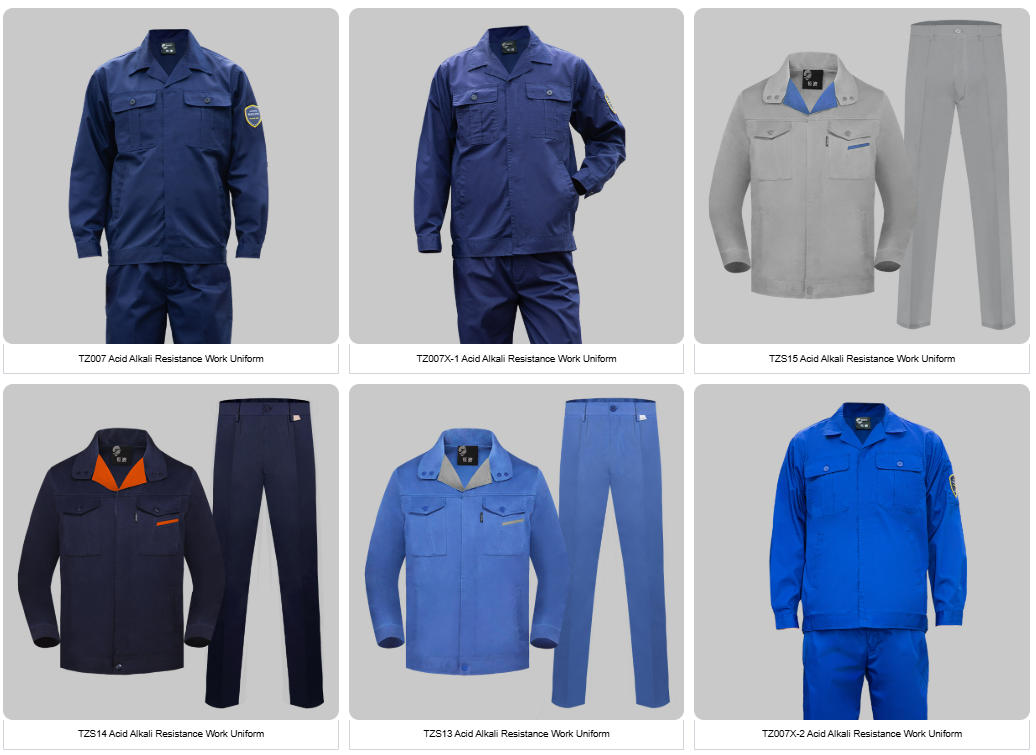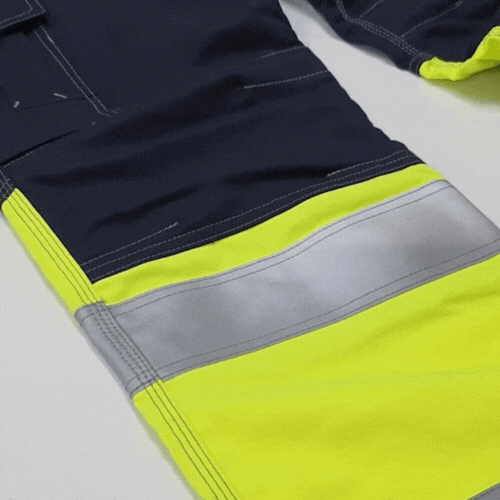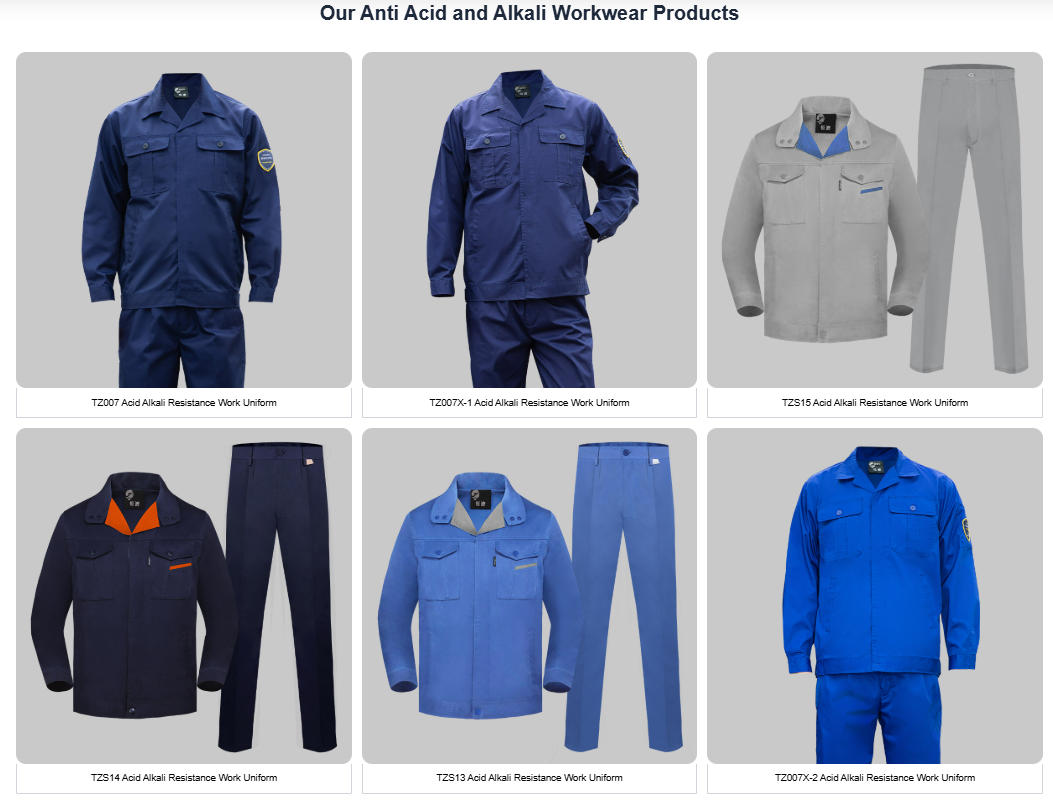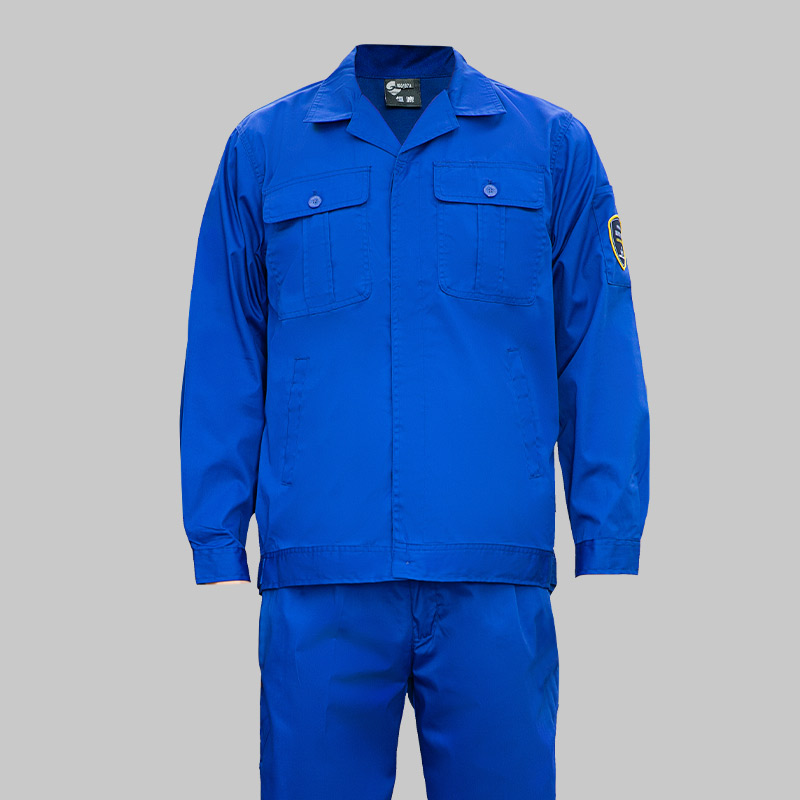Of course. Importing custom work uniforms from China is a very common and strategic move for Lebanese businesses, given the cost advantages and manufacturing capabilities. However, it comes with its own set of challenges, especially for a market like Lebanon.
Here is a comprehensive guide covering the process, key considerations, and potential pitfalls for a Lebanese company.
The Step-by-Step Process
1. Define Your Requirements (Crucial First Step)
-
Garment Type: What exactly do you need? (e.g., chef coats, corporate polo shirts, safety jackets, trousers).
-
Fabric: Specify material (e.g., 65% Polyester / 35% Cotton poplin, 100% cotton jersey), weight (e.g., 180gsm, 250gsm), and any special requirements (water-resistant, flame-retardant, anti-static).
-
Design & Logos: Have high-resolution vector files (AI, EPS) of your logo ready. Decide on the placement (chest, back, sleeve) and method (embroidery, screen printing, patch, woven label).
-
Sizing: Provide a detailed size chart for the manufacturer to follow. Lebanese and European sizing can differ from Asian sizing.
-
Quantities: Determine your order quantity. MOQs (Minimum Order Quantities) from Chinese factories can range from 50-100 pieces per design/color to 500+ for smaller factories.

lebanese company imports custom logo work uniforms china
2. Source a Reliable Manufacturer
This is the most critical step.
-
B2B Platforms: Use Alibaba.com or Made-in-China.com. Look for suppliers with Gold Supplier status, Verified badges, and those who have passed an On-site Check.
-
Communication: Contact multiple suppliers. Assess their responsiveness, English proficiency, and willingness to answer questions.
-
Samples: ALWAYS request a pre-production sample. You will have to pay for it and the shipping, but it’s non-negotiable. This allows you to check quality, fit, fabric, and logo work before committing to a large order.
-
Background Check: Ask for their business license, and for references from other international clients if possible.
3. Negotiate Terms & Finalize the Proforma Invoice (PI)
Once you choose a supplier, they will issue a Proforma Invoice. Scrutinize it:
-
Unit Price: Negotiated price per uniform.
-
Total Order Value: Confirm it matches (Quantity x Unit Price).
-
Shipping Terms (CRUCIAL):
-
FOB (Free On Board): You pay for the goods loaded onto the ship/plane in China. You are responsible for the main international freight and all costs in Lebanon. This is common and offers more control.
-
EXW (Ex-Works): You pay for the goods at the factory gate. You are responsible for everything else (transport to port, export customs, freight, insurance, import into Lebanon). Only choose this if you have a reliable freight forwarder in China.
-
CIF (Cost, Insurance, Freight): The supplier arranges and pays for freight and insurance to the port in Lebanon (e.g., Beirut Port). You are responsible for all import customs and costs from the port onward. Be aware: While simpler, you have less control over shipping costs and the process in Lebanon.

-
-
Payment Terms: Never pay 100% upfront. Standard terms are:
-
30% T/T (Wire Transfer) deposit to start production.
-
70% T/T balance against copy of Bill of Lading (shipping documents) before shipment or before goods arrive.
-
Use a secure payment method like bank transfer. Be cautious of requests for full payment via Western Union.
-
-
Production Lead Time: Get a clear deadline for production completion.
4. Production and Shipping
-
The factory will produce the order.
-
Request in-process photos for quality assurance.
-
Once ready, they will prepare the shipment and provide shipping documents (Bill of Lading, Commercial Invoice, Packing List, Certificate of Origin).
5. Importing into Lebanon: The Lebanese Side
This is the most challenging part due to Lebanon’s complex import regulations and banking restrictions.
-
Freight Forwarder/Customs Broker: Hire a reputable Lebanese customs broker or clearing agent. They are indispensable. They will handle:
-
Required Documents: Your broker will need the original shipping documents sent by the supplier.
-
Customs Duties and Taxes: Be prepared to pay:
-
Customs Duty: A percentage of the CIF value (Cost, Insurance, Freight). The rate depends on the garment’s HS code.
-
VAT (Value Added Tax): 11% on the (CIF value + Customs Duty).
-
Other Fees: Port fees, handling charges, and your broker’s fees.
-
-
Banking Restrictions: The lollar (LBP frozen funds) issue is a major hurdle. You will likely need:
-
Fresh USD: To pay the Chinese supplier, you will need to source fresh USD, often at a premium on the parallel market. Your bank may have restrictions on international wire transfers.
-
Customs Payments: Duties and taxes at the port are typically required in fresh USD.
-
Key Challenges & Risks for a Lebanese Importer
-
Quality Control: The biggest risk is receiving poor quality goods. The sample might be perfect, but the bulk order might be different.
-
Solution: Use a third-party Quality Inspection service in China (e.g., SGS, QIMA, or Asia Inspection) to check the goods before they are shipped.
-
-
Logistics & Customs in Lebanon: The process can be slow, opaque, and expensive.
-
Solution: Your hired customs broker is your key ally here. Their experience is worth the fee.
-
-
Financial & Banking Crisis: Sourcing fresh USD and navigating capital controls is the primary operational challenge.
-
Solution: Factor the cost of sourcing fresh USD into your final cost calculation. Work closely with your bank to understand the exact process and limitations for international transfers.
-
-
Communication & Language Barrier: Misunderstandings can lead to costly errors.
-
Solution: Be extremely clear and detailed in your communications. Use pictures and diagrams. Use simple English.
-
-
Lead Times: Shipping by sea is slow (4-6 weeks to Beirut port + clearance time). Any production delays can disrupt your inventory.
-
Solution: Plan well in advance. Build a buffer of 2-3 months into your timeline.
-
Checklist for Success
-
Detailed Tech Pack (specifications sheet) created.
-
Multiple suppliers sourced and vetted.
-
Samples received and approved.
-
Payment terms and Incoterms (FOB, CIF) negotiated and understood.
-
[ CRITICAL ] A reliable Lebanese customs broker is identified and consulted before placing the order.
-
Financing/Fresh USD for payment and customs fees is secured.
-
Quality inspection service is booked (highly recommended).
By meticulously planning each step and partnering with the right experts (both in China and, most importantly, in Lebanon), you can successfully import high-quality custom work uniforms and gain a competitive advantage in the Lebanese market.
Useful links:





